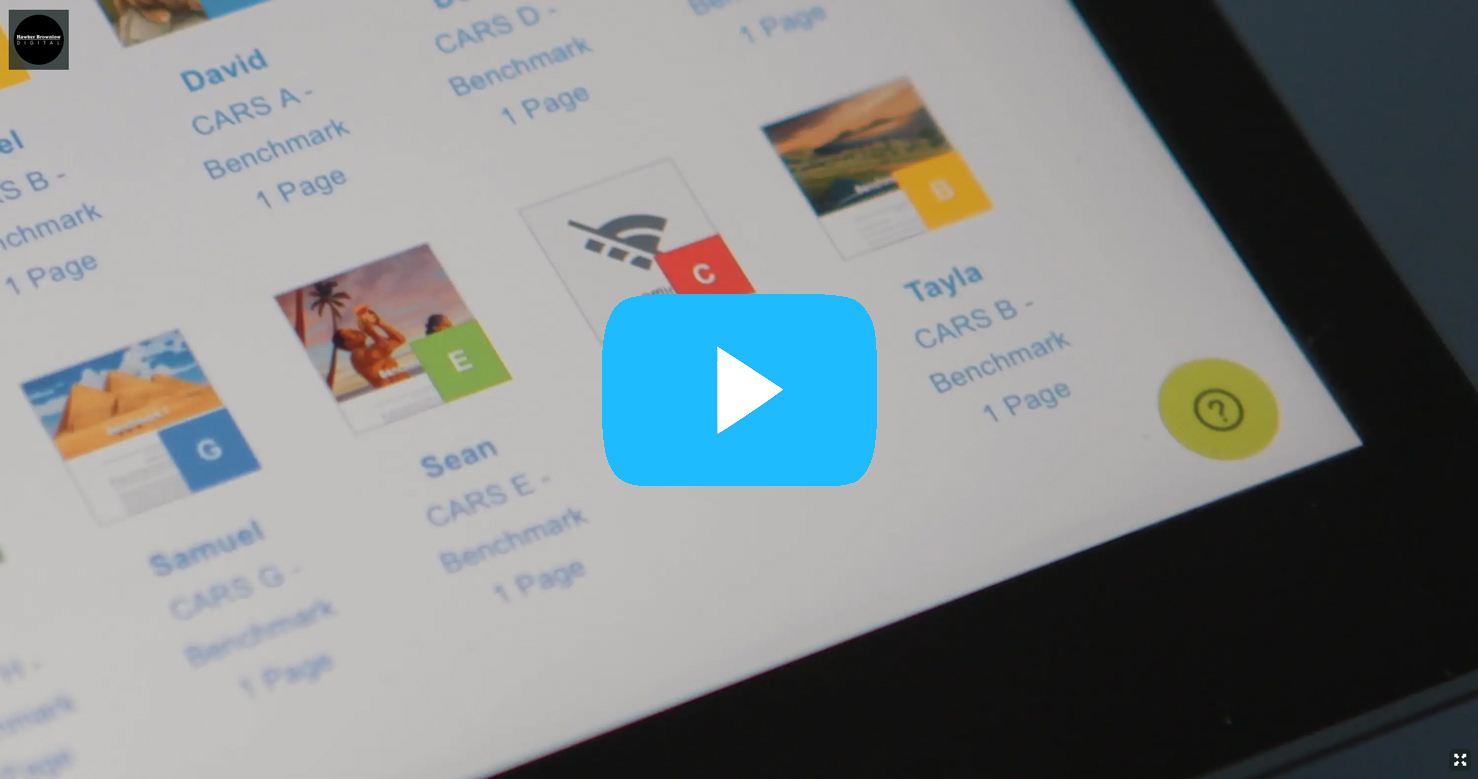Distracting environments can have profound effects on the brain and significantly hinder the learning process. Here's a more detailed exploration of the impact of distracting environments on cognitive functioning and learning:
Reduced Concentration: Distracting environments can make it challenging to focus and sustain attention on a task. Constant interruptions or noise can lead to shorter attention spans and reduced concentration, making it difficult to engage deeply with the material being studied.
Increased Stress and Anxiety: An environment filled with distractions can elevate stress and anxiety levels. The brain may perceive a cluttered or noisy space as a threat, triggering the release of stress hormones, which can impair cognitive functioning and hinder the ability to learn effectively.
Impaired Memory: Distractions can interfere with the encoding and retrieval of information from memory. The brain may struggle to consolidate new knowledge when constantly interrupted, leading to difficulties in recalling and applying what has been learned.
Reduced Productivity: Distracting environments can lead to reduced productivity and efficiency. Students and teachers may find themselves taking more time to complete tasks due to interruptions, resulting in a decrease in the quality of work.
Incomplete Learning: Frequent distractions can disrupt the continuity of learning. This can result in fragmented knowledge acquisition, making it challenging to connect concepts and grasp the bigger picture.
Reduced Critical Thinking: Complex cognitive tasks, such as critical thinking and problem-solving, require sustained focus. In distracting environments, these cognitive processes can be impaired, limiting the ability to analyse, evaluate and synthesise information effectively.
Reduced Motivation: Prolonged exposure to a distracting environment can lead to decreased motivation to learn. When students or teachers perceive their efforts as constantly undermined by distractions, they may become disengaged and lose interest in the learning process.
Negative Emotional Impact: Distracting environments can evoke negative emotions, such as frustration, irritation and helplessness. These emotions can further impede cognitive functioning and learning, as they divert mental resources away from the task at hand.
Impaired Information Processing: Distracting environments can overwhelm the brain's information processing capacity. This can lead to difficulties in filtering out irrelevant information and focusing on what is important, affecting comprehension and learning.
Disrupted Learning Patterns: Consistent exposure to distractions can disrupt established learning patterns and habits. Students may struggle to establish effective study routines and strategies, making it more challenging to learn and retain information.
Lower Academic Performance: Ultimately, the consequences of distracting environments can result in lower academic performance. Both students and teachers may find it difficult to achieve their educational goals when their cognitive functioning is compromised.
To mitigate the negative effects of distracting environments on the brain and learning, individuals can employ various strategies, such as:
Creating a Dedicated Learning Space: Designating a specific area for learning or work can help reduce distractions.
Using Noise-Cancelling Devices: Noise-cancelling headphones or background music can help minimise auditory distractions.
Establishing a Routine: Consistent daily routines can help the brain adapt to the learning environment and improve focus.
Prioritizing Self-Care: Getting enough sleep, staying physically active, and maintaining a healthy diet can support cognitive functioning and resilience to distractions.
Mindfulness and Meditation: Practices like mindfulness and meditation can enhance attention and reduce the impact of distractions.
Distracting environments can thoroughly disrupt cognitive functioning, leading to reduced concentration, memory problems, increased stress and impaired learning. Recognising and addressing distractions is essential for creating an optimal environment for effective learning and cognitive performance. One further way that you can counter distractions is by using thinking strategies that enable students to process information better, even under adverse conditions, because they have a proven method in place to do so.
The core reading strategies that underpin the entirety of the CARS & STARS Online digital reading comprehension program form an underlying instructional framework that recurs throughout every level and provides consistency of understanding and instruction for students and teachers alike. By using strategies like these students are better able to approach any source of information – regardless of the circumstances in which they find it.
If you are interested in learning more about the CARS & STARS Online subscriptions and how they can help children to achieve better results, then sign up for a free trial to be an integral part of your child’s reading success.































